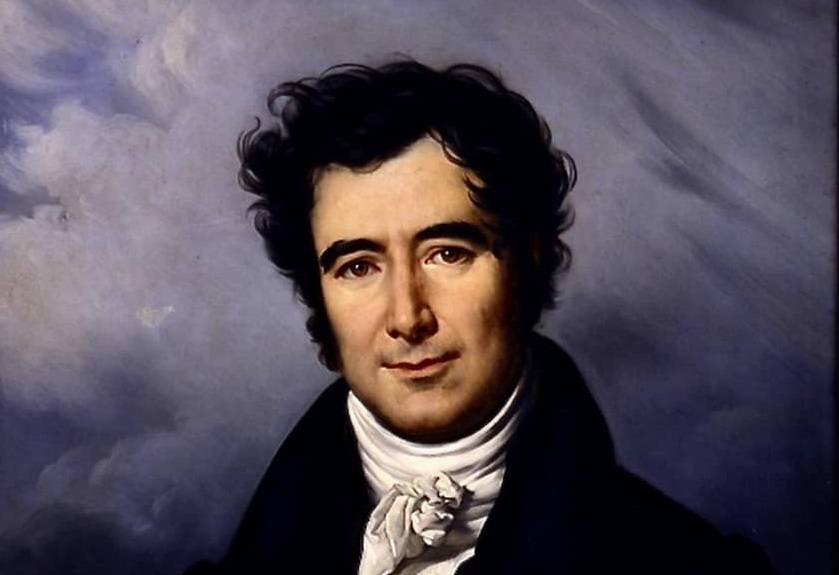Francois Arago was born on February 26, 1786.
February 26, 2023
The French mathematician, physicist and chemist François Jean Dominique Arago is born.
French mathematician, physicist and astronomer François Arago was born on February 26, 1786 in Estagel, a small town near Perpignan in the Pyrénées-Orientales department of France.
Havana Cuba. – French mathematician, physicist and astronomer François Arago was born in Estagel, a small town near Perpignan, in the Pyrénées-Orientales department, France February 26, 1786. As a politician, he held the office of head of government of the French Republic in 1848.
Arago was fortunate to keep all the results of his investigations and deposit them in the Bureau des Longitudes in Paris. The quality of his work immediately made him a renowned scientist not only within the scientific community but also in public opinion. Alexander von Humboldt wrote to meet and congratulate him, leading to a friendship that would last the rest of his life. As a reward for his adventurous behavior in the cause of science, he was elected a member of the French Academy of Sciences at the age of 23, and before the end of 1809 he was elected by the council of the Paris Polytechnic School to succeed Gaspard Monge in the department of Analytical Geometry . At the age of 24 he was already a professor at the Polytechnic School. At the same time he was appointed by the Emperor as one of his astronomers to the Royal Observatory of Paris, this city was his residence to the end of his days and the place where he held his famous and well-attended “popular astronomy courses” from 1812 to 1845.
In 1816, with Joseph Louis Gay-Lussac, he began editing the Annales de chimie et de physique, summarizing the sessions of the Academy, which are still being published in the 21st century. In 1818 or 1819 he continued with Biot to carry out geodetic operations on the coast of France and in England and Scotland. He measured seconds on a pendulum in Leith, Scotland, and on the Shetland Islands. The results of observations made in Spain were published in 1821. Thereafter Arago was elected a member of the Bureau des Longitudes and contributed to its astronomical yearbooks for 22 years, publishing important contributions in astronomy and on certain occasions in civil engineering. He made very early studies of vapor pressure at different temperatures and studies of the speed of sound from 1818 to 1822. His observations of magnetism took place in the period 1823-1826. He was the discoverer of what is now called rotary magnetism, which is one of the phenomena by which most bodies are magnetized; these experiments were later completed and explained by Michael Faraday. He helped Jean-Augustin Fresnel in his work developing optical theories, particularly in confirming Fresnel’s theory of the wave nature of light by observing what is now the Arago point. Both made experiments on the polarization of light and concluded that the movements of the ether were perpendicular to the movement of light. Using these theories, they developed the polarimeter and the discovery of circular polarization. The general idea of experience for determining the speed of light through the experiments later performed by Hippolyte Fizeau and Léon Foucault was given by him in 1838. He made some contributions to the field of mathematics before 1830. He gave way to the French school that was to come in the early 19th century and which was apparently linked to the mathematical experiments of Germans such as Gauss, Abel and Jacobi.
François Jean Dominique Arago died on October 2, 1853 in Paris, France.

